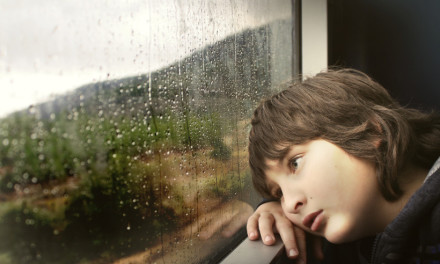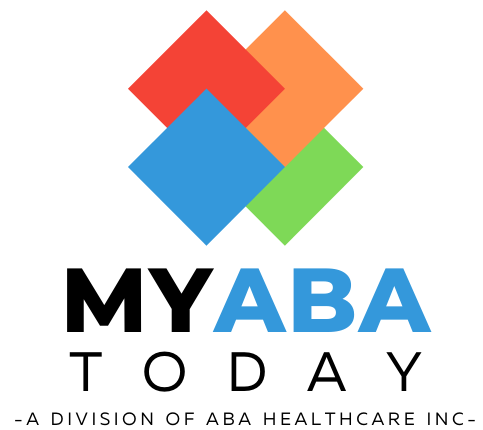In this episode of Dr. G Aspie Show, Mary B. Moore teaches Dr. G some awesome social skills games. The key ingredient to developing and keeping friendships is having shared joy and conversation skills. These social skills games are great tools to help your child find shared joy with others and have a fun and interesting conversation with them as a result!
Teach the perspective-taking to understand the “why” before the “what and how to:” When we share space with others, we need to think and act differently. Learning the reasons behind social situations is more effective than rote memorization of a list of social skills. Memorizing certain behavior responses or scripts (e.g. how to give a great greeting) is a good place to start when building basic social skills. The problem with rote memorization, however, is that social situations change making an “if A, then B” one-size approach limiting. Therefore, a better and more effective approach is to teach your child to think through what other people may be expecting in a social situation and what responses could favorably match those expectations. Specifically, how to observe, read various social cues to deduce what the other person is feeling, thinking, and expecting in order to decide which response will result in a positive outcome for all.
Use your child’s special interests to teach this concept. For example, great scientists and inventors take time to observe, collect data, recognize patterns, and make educated predictions, which in turn can lead to successful decisions, discoveries, and outcomes. Using this analogy can help your Aspie understand the steps to successful social interpretation, social problem-solving, and social skills.
PRIORITIZE
Start by asking “What is my child doing too little or too much of that is getting in the way of his/her social success?” Does he tend to withdraw from others and not initiate play or conversation with others? Or does she initiate in frequently intrusive, impulsive or disruptive ways to the annoyance of others? Answering these questions will help guide you in identifying your child’s individual social skill needs.
POINT OUT (BUILDS SOCIAL AWARENESS)
Point out to the child when a target skill is demonstrated in the environment. Using examples in “fake life” such as characters in books, movies, or TV shows are often easier and less threatening, especially to kids who are highly sensitive to criticism. For example: “Look how the girl is showing her friend she is listening by looking at her, turning her body towards her and keeping a still body.” Playing “Social Detective” which is like a social I-Spy game where you take turns pointing out the skill in real life by watching people in public places such as in restaurant or shopping mall.
PROMPT (BUILDS SOCIAL UNDERSTANDING AND PLANNING)
Prompt perspective-taking and desired skills through effective questioning, not telling. “What do you think Ronald is feeling in this situation? What clues do you notice? How did Harry show he cared about him?”
Prompt at or shortly before the onset of the situation. It may begin with simple conversational planning questions to prime his brain and rehearse mentally. For example on the drive to school with your 3rd grader: “Noah, who are you going to play with today at recess?” “What are some games you would like to play with him?” Followed up by “How will you ask him at recess?” “How do you think he will feel about you when you ask him to play?” In-the-moment of a social situation, non-verbal gestures are effective cues to gently prompt your child provided it is determined in advance with your child and executed discreetly. An example is pointing to your eyes to encourage eye contact.
PRACTICE A LOT (BUILDS SOCIAL-EMOTIONAL COMPETENCE AND CONFIDENCE)
Provide frequent and consistent opportunities to practice social skills. One-to-one and small group settings are best. Young children can practice via imaginative play with stuffed animals or action figures. Role-playing is an effective method for children of all ages. Schedule frequent 1:1 play-dates with a peer who shares common or complementary interests. Involve your child in interest-based small group activities or clubs that meet weekly (e.g. Chess Club, horseback riding, Robotics or Lego groups, Girls on the Run or Let me Run for Boys). Social Skills Groups provide both explicit instruction and structured practice in a safe, positive, and therapeutic environment.
PRAISE (FACILITATES MASTERY AND MOTIVATION)
Positively reinforce the demonstrated skill by immediately recognizing it and connecting it to the positive social benefits it yielded. Use the CAR acronym: Concrete descriptive praise: “Nice job asking Ben questions about his vacation.”
AFFIRMATION (POSITIVE STATEMENT ABOUT HIS CHARACTER)
“You are a kind friend.”
REINFORCE
“I noticed that he seemed to like you showing interest in his trip because he smiled a lot and then asked you to hang out this weekend.”









